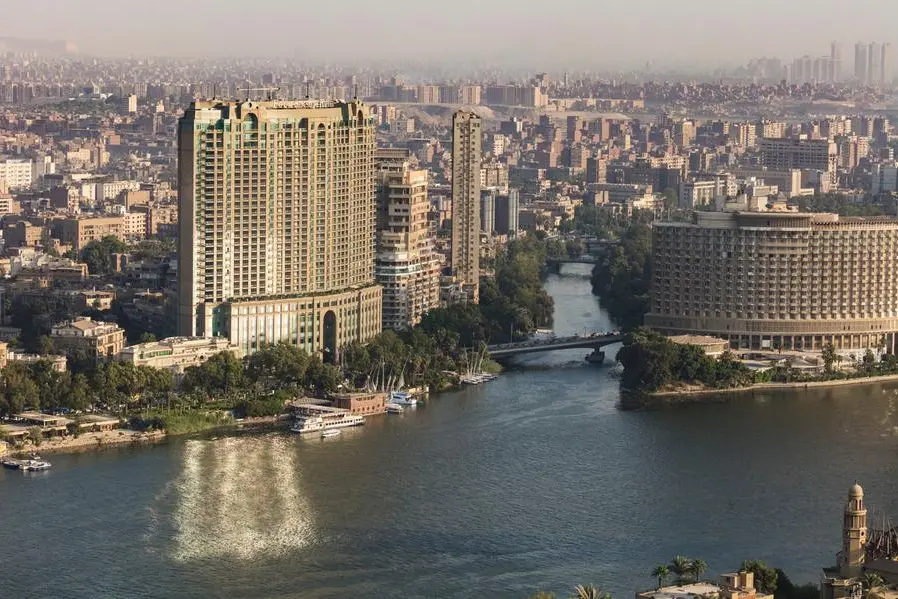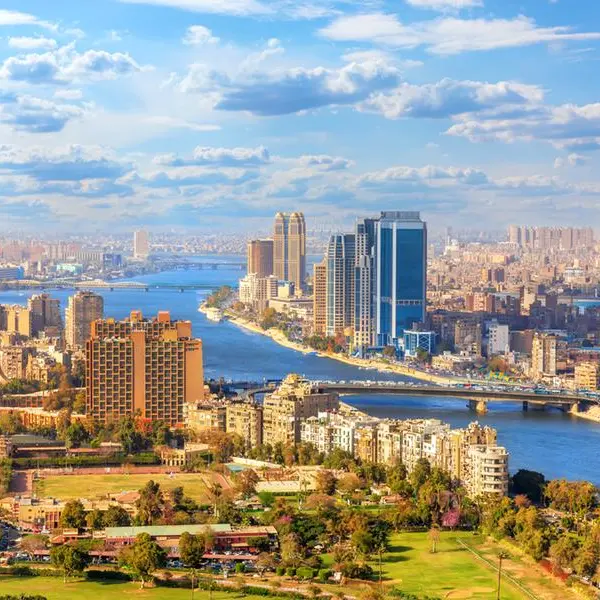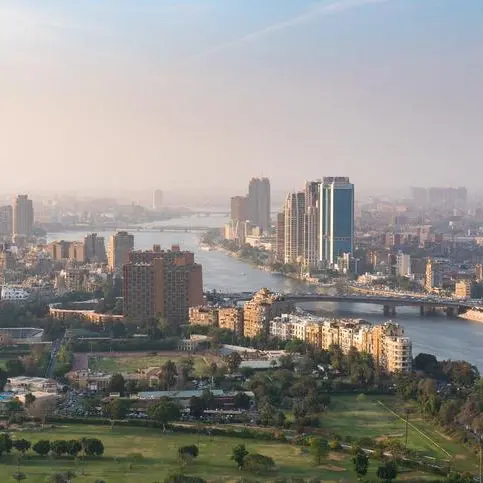PHOTO
As a result, research firm CreditSights has downgraded the country's US dollar bonds to "market perform" from "outperform".
The yield on Egypt’s offshore debt has been moving higher since mid-July, although is still well below where it started the year, before billions of dollars funding and investment began pouring into the country from international lenders, including the International Monetary Fund, the World Bank and the United Arab Emirates.
Egypt's US$1.125bn 7.3% September 2033s, for example, are on Friday bid at 11.1%, according to LSEG data, up around 100bp since July 15 but comfortably below the 13.75% of January 1.
One investor told IFR that the decline in Egyptian yields has made him more cautious around the sovereign's bonds, pointing out that while all the good news in terms of external financing is now baked into prices, there are few obvious catalysts that will help the bonds perform further.
And as CreditSights points out, there are plenty of risks.
High inflation, lower remittances coming in from Egyptians overseas and much lower traffic going through the Suez Canal are all combining to weigh on Egypt’s economic growth. For the first quarter of 2024, real GDP grew 2.1% compared with 2.2% the previous quarter.
The budget deficit could read 6.3% of GDP this year, CreditSights said. Meanwhile, as of June, inflation was 27.5% year on year.
CreditSights also stresses the impact of increase regional tensions in tandem with a faltering global macroeconomic outlook.
“Tensions in the Middle East continue to affect freight going through the Suez Canal, and the deterioration of economic prospects in the US may eventually reduce demand for risky assets,” CreditSights said in its update.
Unrest in other African countries, including Kenya and Nigeria, was flagged by the research firm as well, while it also notes that the quadrupling in bread prices in Egypt raises the prospect of social unrest locally, given that close to two-thirds of the country's population is dependent on subsidised bread, CreditSights said.
“We believe that emerging markets will remain volatile in the coming weeks. In this context, Egypt could underperform other HY countries such as Turkiye and Oman, both of which have gained a certain resilience through drastic changes in economic policy, or Brazil which benefits from high FX reserves to withstand external shocks,” CreditSights said.
Source: IFR





















